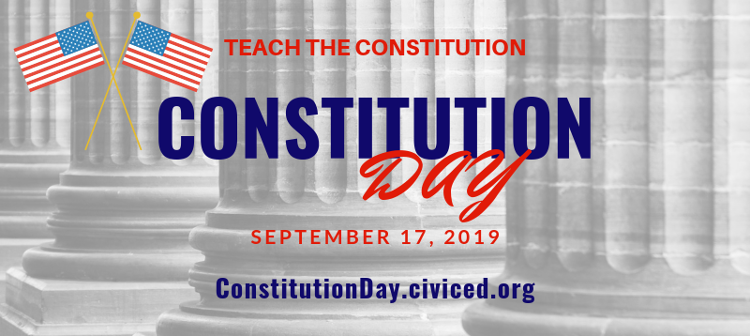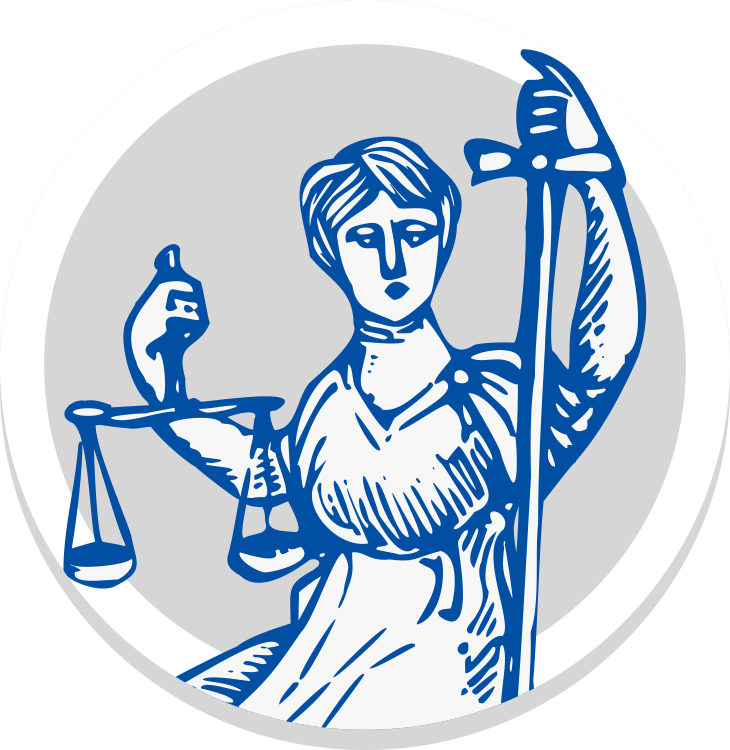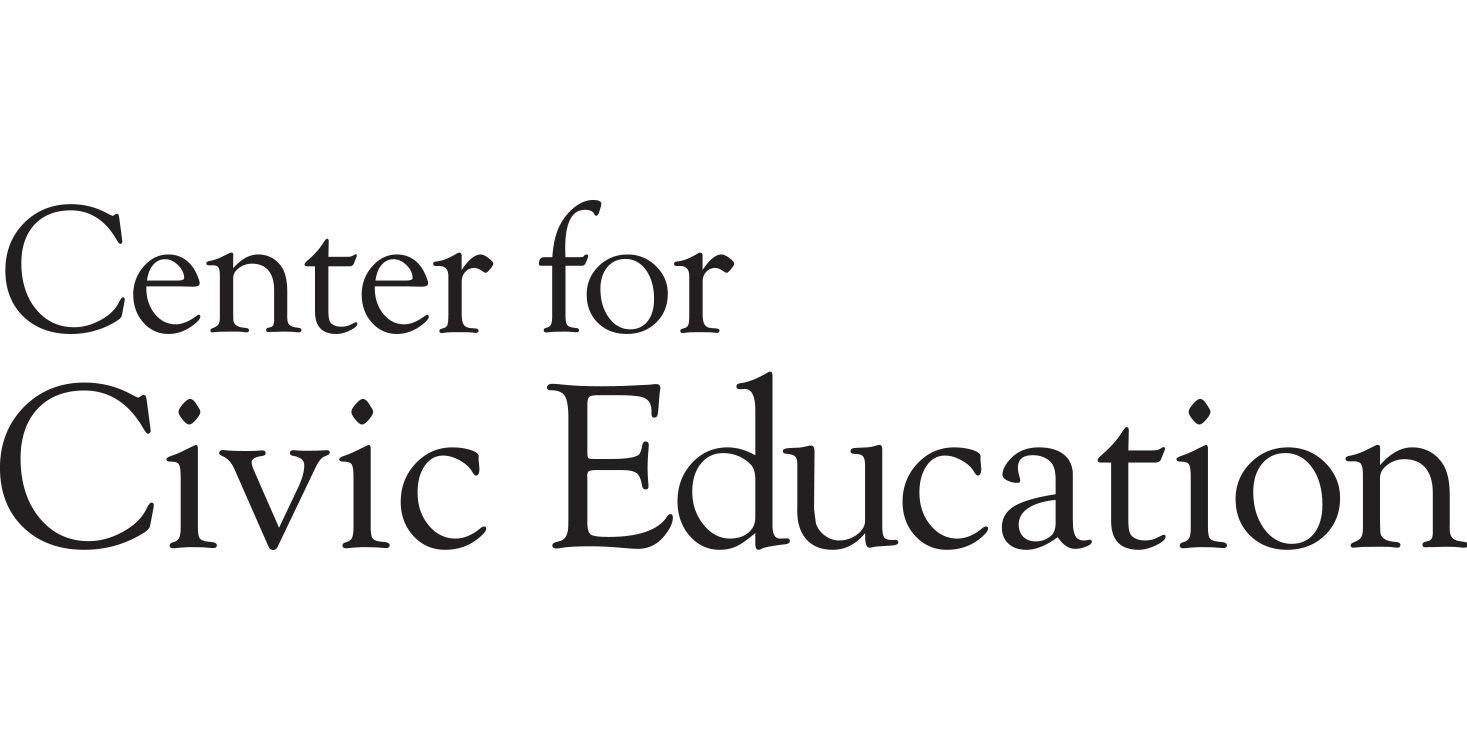|
News from the Center for Civic Education
New Lesson for Constitution Day, Diana Owen Honored for We the People Research, and More in This Month's Newsletter.
New Lesson Available for Constitution Day

September 17 is nearly here! The Center for Civic Education offers more than twenty Constitution Day lessons for grades K-12 on our Constitution Day and Citizenship Day webpage. This year, the lesson "What Is Democracy?" is available from our new We the People: The Citizen & Democracy textbook for grades 3-5. In the lesson, students learn a very simple definition of democracy from Abraham Lincoln's Gettysburg Address.
Learn more.
|
 |
Diana Owen Honored by American Political Science Association
Georgetown University researcher Diana Owen received an award for best paper at the 2019 APSA annual meeting on teaching and learning. "Teaching Civics to High-Need Students" connected the James Madison Legacy Project's pedagogies with student knowledge gains. The paper showed the relationship between the We the People program's simulated congressional hearings and related pedagogies to civic knowledge gains for the high-need students.
Learn more. |
|
Quick Quiz! Which state does not require voter registration?
A. South Carolina
B. South Dakota
C. North Carolina
D. North Dakota
Read on to learn the answer!
|
 |
Watch This Space for a New We the People Video Every Month!
Did you know that thanks to the James Madison Legacy Project, there is a video for every section of the We the People: The Citizen & the Constitution Level 3 (high school) texbook? Each video features a scholar speaking about the ideas covered in the section. There are three ways to view the videos: (1) in the Media section for each lesson within the We the People Resource Center (for example, Lesson 1), (2) in the We the People Open Course, and (3) in our YouTube playlist. This month, we're featuring the very first video in the series, What Were the Similarities and Differences among the British Colonies?, which features scholar and former Oregon Supreme Court justice Susan M. Leeson.
Watch more videos. |
 |
Students and Teacher Share American History & Civics Academies Experiences with School Board
Teacher Jeff Scott and two of his students from Dade County High School in Trenton, Georgia, shared their experiences of the American History & Civics Academies during a recent public Dade County School Board meeting.
Learn more. |
 |
Florida Teachers Introduce We the People into County
Teachers Joe Haber, Emily Onspaugh, and Michele Bodzioch (shown here from left to right) from East Ridge Middle School in Lake County, Florida, proudly display their We the People middle school books. These East Ridge teachers are piloting We the People in their school. Florida We the People state coordinator Annette Boyd Pitts provided training, and the school is looking forward to competing in the middle school competition.
|
 |
Registration Open for ICSEI
The Moroccan Center for Civic Education, our Civitas International Programs partner in Morocco, will host the 33rd International Congress for School Effectiveness and Improvement (ICSEI) on January $char_endash4 2020. ICSEI has selected several Center colleagues, including Dr. Diana Owen of Georgetown University, to present at the conference. Registration is now open.
Learn more. |
 |
Justice Resource Center Conducts Project Citizen Summer Institute
Twenty-five teachers participated in the Justice Resource Center's Project Citizen Professional Development session this summer at the U.S. Federal Courthouse in New York City. Judges and lawyers facilitated five days of sessions on public policy.
Learn more. |
 |
We the People: The Citizen & Democracy Newest Member of We the People Family
Have you checked out We the People: The Citizen & Democracy? Our new textbook for grades $char_endash2 explains the fundamental principles and values of the American democratic republic contained in the Declaration of Independence and Preamble to the Constitution. At 148 richly illustrated pages and eleven lessons, the text helps students gain an understanding of the foundational ideas essential to preserving our free society and furthering its ideals. Table of Contents. Sample Lesson.
Learn more. |
 |
An Outline of Constitutional Democracy: A Hidden Gem on CivicEd.org
Each year, thousands of people from around the world visit the Center's Constitutional Democracy webpage, a resource that's been a popular feature of the Center's website for years. It is divided into two parts. The first part, titled "Constitutional Democracy: An Outline of Essential Elements," describes the basic characteristics of constitutional democracy. The second part, "Constitutional Democracy: An Outline of Indices," contains several indices that can be used to determine the degree to which a society reflects the fundamental characteristics, principles, and values of a constitutional democracy. Although still in draft form, educators in emerging democracies have found the outline to be particularly useful. Check it out and let us know what you think!
Learn more. |
 |
Survey Finds That Americans Are Worried about the State of Democracy in America
The nonpartisan research organization Public Agenda recently released a survey showing that a large majority of Americans are worried about the state of democracy in the United States, regardless of their political affiliation. The survey found that 39 percent consider American democracy to be "in crisis" and 42 percent say that it faces serious challenges. However, most Americans also believe that ordinary people have a lot of influence "if enough people get involved."
Learn more. |
|
 This site is brought to you by the Center for Civic Education. The Center's mission is to promote an enlightened and responsible citizenry committed to democratic principles and actively engaged in the practice of democracy. The Center has reached more than 30 million students and their teachers since 1965. Learn more.
This site is brought to you by the Center for Civic Education. The Center's mission is to promote an enlightened and responsible citizenry committed to democratic principles and actively engaged in the practice of democracy. The Center has reached more than 30 million students and their teachers since 1965. Learn more.















